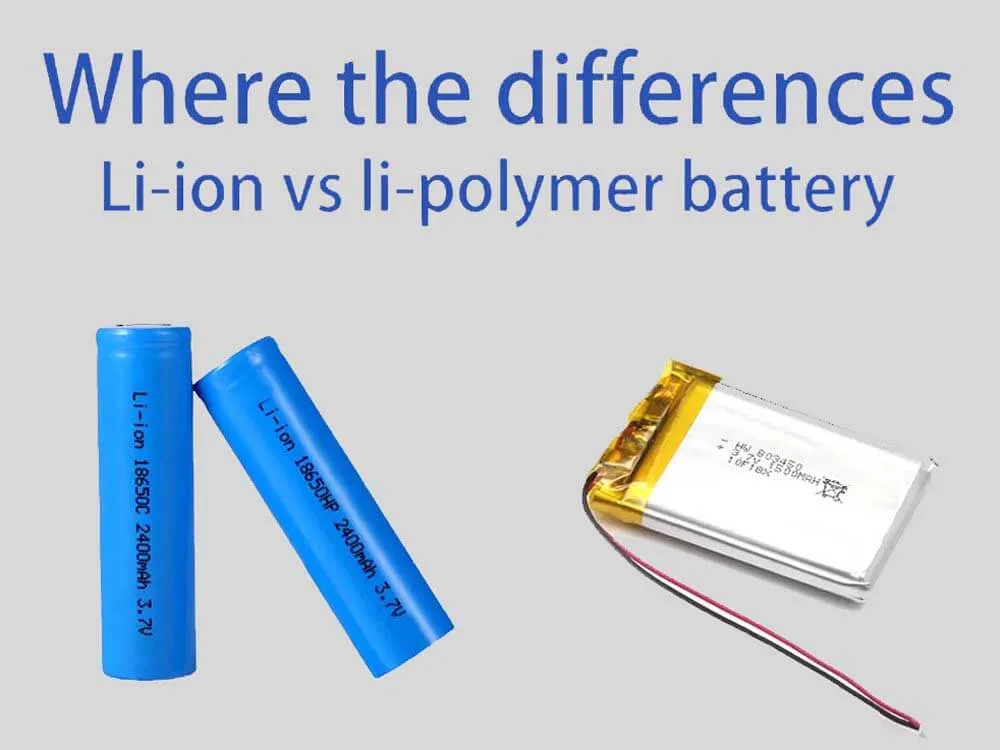
Compare lipo batteries vs liion where the differences The Best lithium ion battery suppliers
4. Weight: While lighter than traditional lead-acid batteries, Li-ion batteries are generally heavier than lithium-polymer batteries. 5. Cycle Life: Li-ion batteries offer a good cycle life.

Lithiumion vs LithiumPolymer Battery Best battery Electronics Mobile Battery Liion Vs
A lithium-ion battery is a rechargeable battery format that first grew in popularity thanks to their adoption by major electronics companies in the early 1990s. They are essentially a group of very rigid electricity generating compartments, which consists of three pieces: a positive electrode; a negative electrode; and an electrolyte, or liquid.
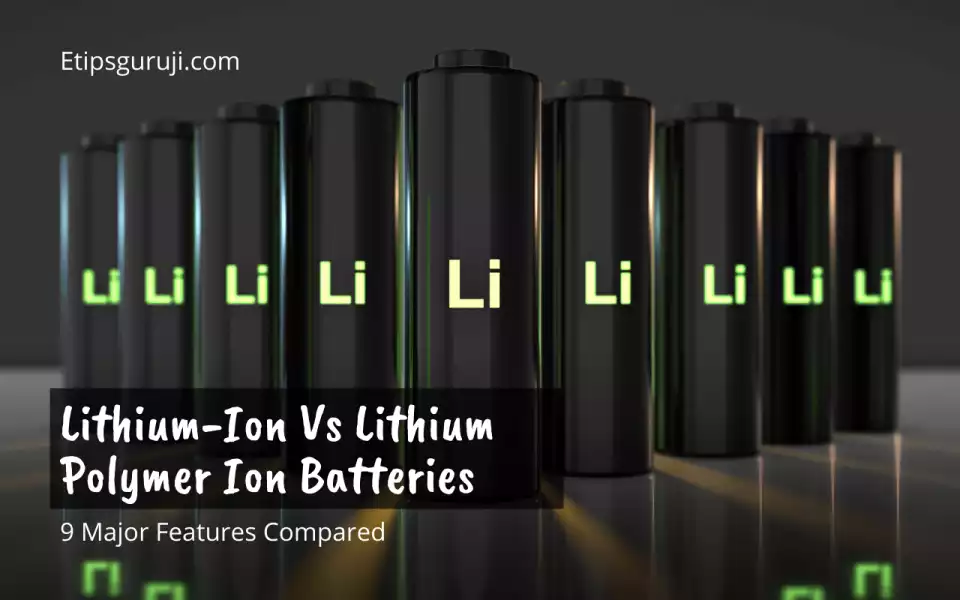
LithiumIon Vs Lithium Polymer Ion Batteries 9 Common Differences
It's one of the strategies to determine the efficiency of the battery. The charge conversion rate is higher for lithium-ion batteries than lithium polymer batteries. It may range between 85-95 % for the lithium-ion battery, and lithium polymer battery may couple the range between 75-85 %.
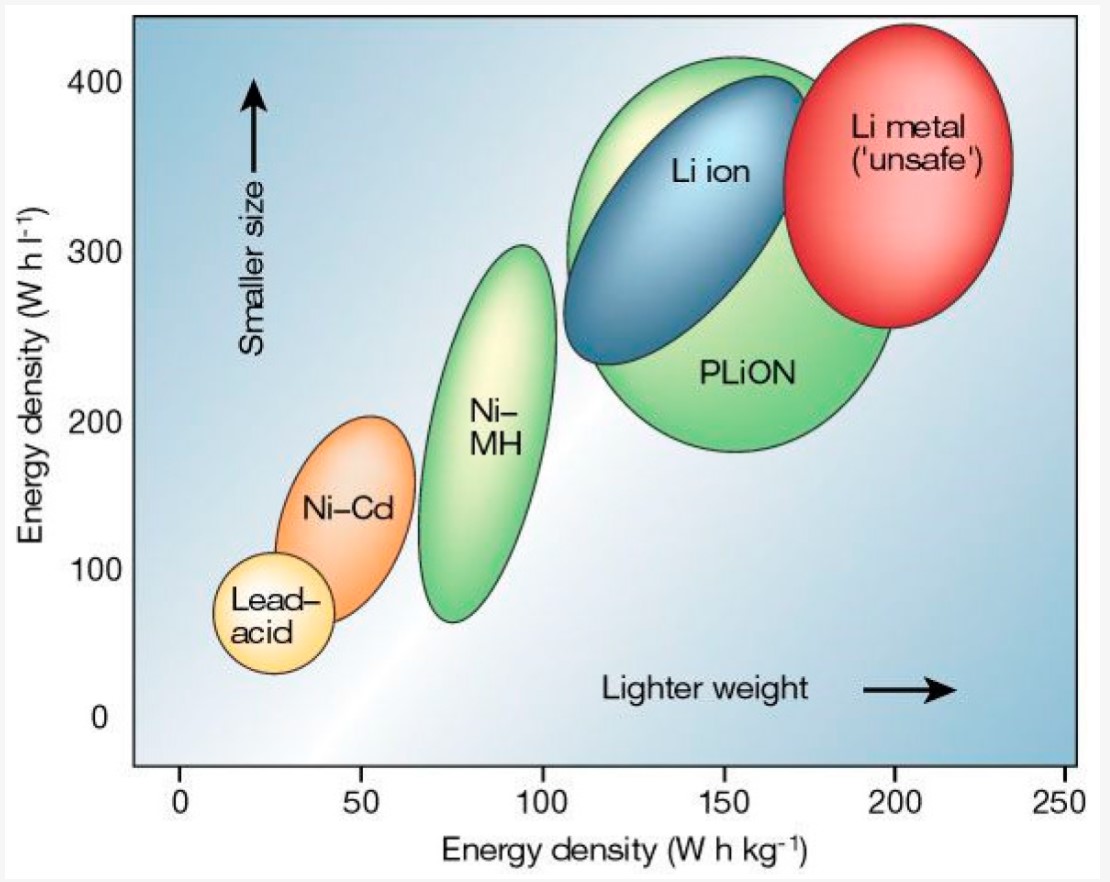
The difference between lithium ion and lithium polymer batteries Battery Power Tips
6. Useful Life. Lithium-ion batteries generally last longer than lithium-polymer batteries. An average lithium-ion battery can last two to three years, whereas lithium-polymer batteries have a much shorter life span. That's because the gel-based electrolyte begins to harden in Li-Po batteries. 7.

Difference between lipolymer & liion batteries of mobile phone ?(lipo vs liion) YouTube
In theory, lipo batteries can be charged at a faster rate. If you want to charge faster, choose a Li-Ion or Li-Polymer battery with a higher charge C-rate. For example, a lithium-ion battery with a 1C charge C-rate will take one hour to fully charge, while a lithium-ion battery with a 2C charge C-rate will take only 30 minutes to fully charge.

battery pros and cons lithium polymer RAVPower
Lithium-Ion (Li-ion) Batteries: Energy Density: High energy density, suitable for power-hungry devices. Cost: Generally less expensive to manufacture than lithium-polymer. Shape: Typically cylindrical, but can be made in custom shapes at a higher cost. Weight: Usually heavier than lithium-polymer batteries of similar capacity.

Liion Vs LiPolymer Battery!! Which One is The Best Battery?? [Hindi] YouTube
Safety Considerations for Both Batteries. When selecting a battery for your device, safety should always be a top concern. Both lithium polymer and lithium ion batteries have unique safety considerations that users must be aware of.. Lithium polymer batteries are lightweight and flexible but can swell or catch fire if mishandled. Avoid damaging the battery to prevent thermal runaway reactions.

Navigating the Power Choices Lithium Polymer vs Lithium Ion Battery Baddiehub
Lithium-ion batteries are generally more effective and prevalent than lithium-polymer batteries. They have better density and high power capacity than lithium-polymer batteries, and they also last longer on average. They are also more versatile in terms of their size and shape, making them suitable for smaller devices.

Lithium Ion Vs Lithium Polymer BatteriesWhich one is better?
This is because Li-Poly tends to be a bit more robust than Li-Ion. Lithium-polymer technology again uses a positive and negative electrode but with a dry solid, porous chemical, or gel-like.
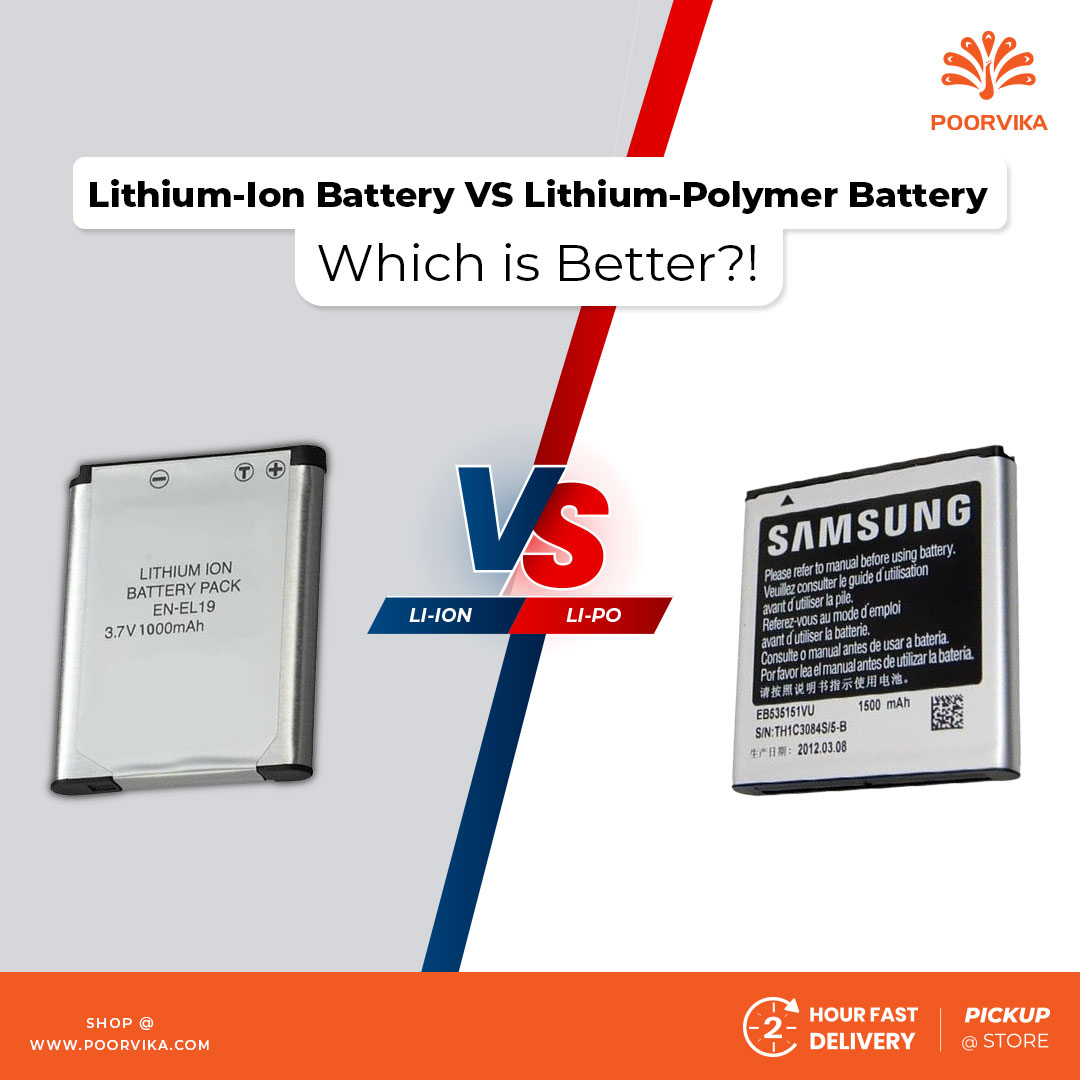
LithiumIon Battery VS LithiumPolymer Battery Which is Better?!
A lithium polymer battery, or more correctly lithium-ion polymer battery (abbreviated as LiPo, LIP, Li-poly, lithium-poly and others), is a rechargeable battery of lithium-ion technology using a polymer electrolyte instead of a liquid electrolyte. Highly conductive semisolid polymers form this electrolyte.These batteries provide higher specific energy than other lithium battery types and are.

Li ion VS Li Polymer Batteries. Which is Better?? Explained in Details YouTube
Li-ion batteries consist of a liquid electrolyte and a solid cathode and anode, while LiPo batteries use a solid polymer electrolyte. This difference in electrolyte composition allows LiPo batteries to be more flexible and lightweight, making them suitable for slim and compact devices. LiPo batteries also have a higher energy density, providing.
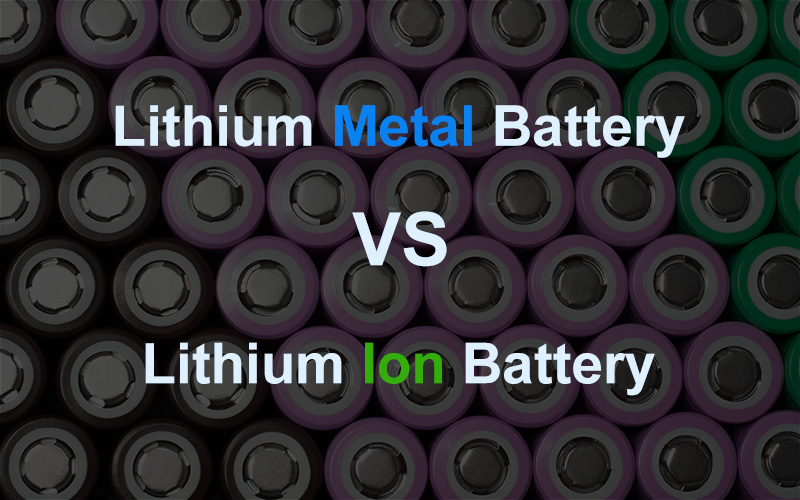
Lithium Metal Battery vs Lithiumion Battery Which Is Better Polinovel
Considering all that, we've decided to come up with a comprehensive comparison table featuring lithium ion vs lithium polymer batteries. Take your pick! Feature. Li-ion battery. Li-Po battery. Energy density (more extended battery run time concerning the battery size) 250-693 W·h/L (higher) 250-670 W·h/L (lower)

Lithium Polymer Batteries Vs Lithium Ion Batteries
This is because Li-Poly batteries tend to be a bit more robust than Li-Ion. Lithium-polymer technology again uses a positive and negative electrode but with a dry solid, porous chemical, or gel.

Advantages of Lithium Ion vs. Lithium Polymer Batteries YouTube
The nominal voltage of lithium-ion (Li-ion) batteries typically ranges from 3.6 to 3.7 volts per cell, while lithium polymer (LiPo) batteries have a slightly higher nominal voltage, typically around 3.7 to 3.8 volts per cell. However, both types of batteries can have different voltage ratings depending on their specific chemistry and configuration.
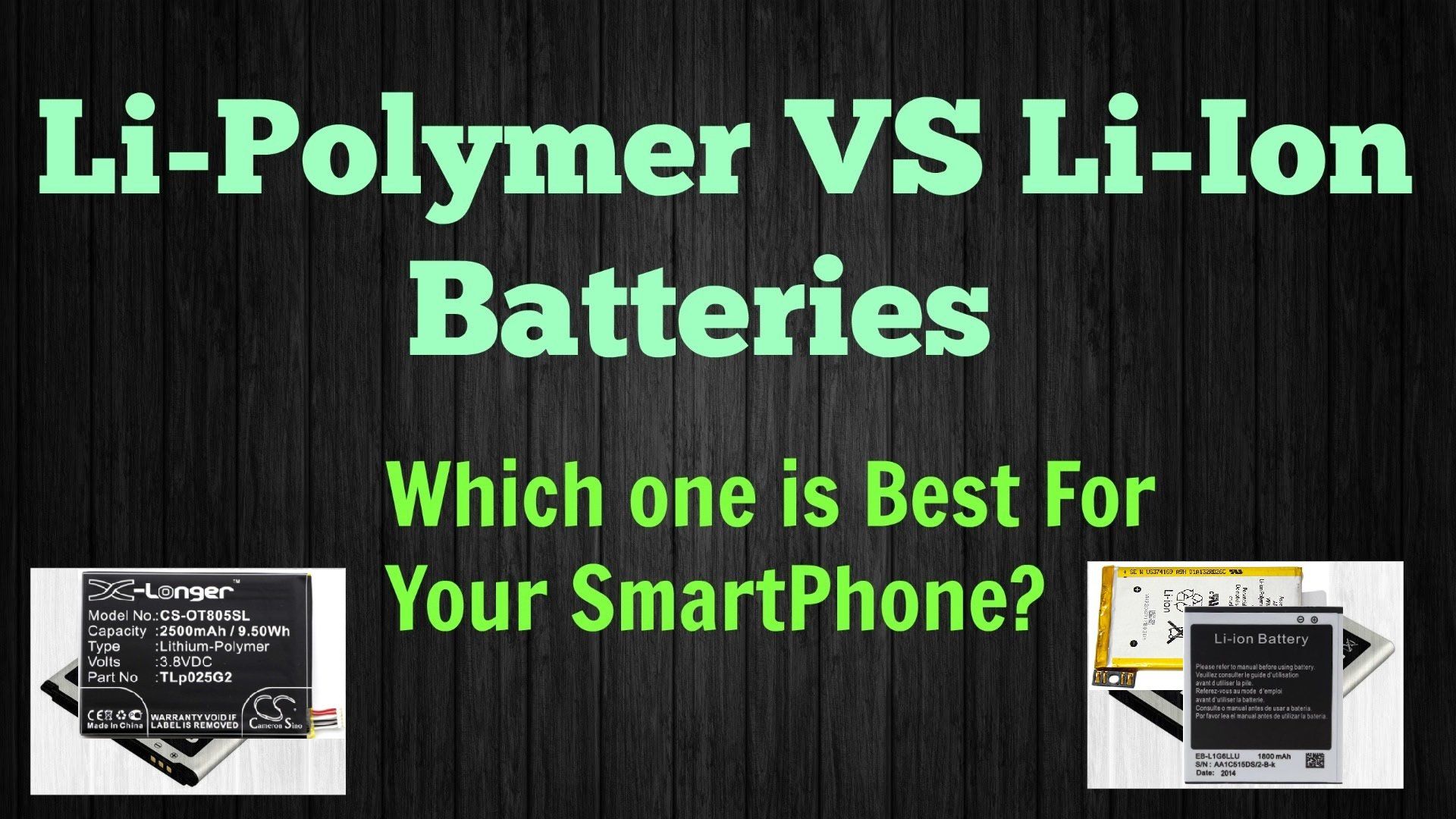
Which Battery is Better Lithium ion or Lithium polymer?
Lithium polymer batteries, often abbreviated as LiPo, are a type of rechargeable battery that relies on lithium-ion technology and uses a polymer electrolyte instead of a liquid electrolyte. This polymer can come in a dry solid, a porous gel, or a liquid contained within a solid matrix. The core components include a positive electrode ( cathode.
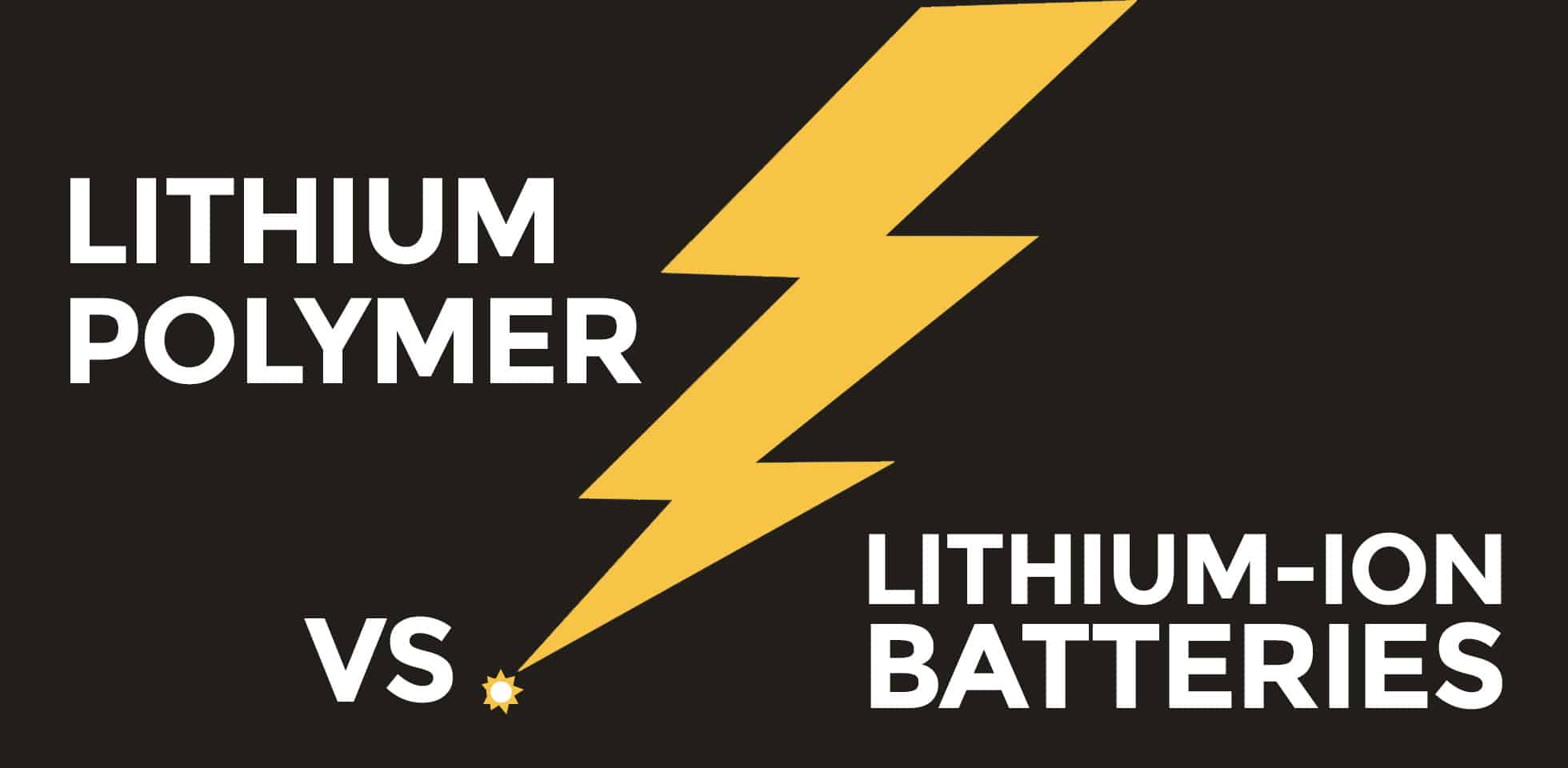
Lithium Ion vs Lithium Polymer Batteries What's a Better Bet for Power?
1. Battery composition. Lithium-ion batteries typically use a liquid electrolyte, whereas lithium polymer batteries utilize a gel-like or solid-state electrolyte. LiPo batteries have a polymer electrolyte that enables flexibility in the battery's shape and design, unlike the rigid structure of Li-ion batteries. 2.
- Ibis Hotel Anhalter Straße Berlin
- Wanneer Is Het Carnaval In Brabant
- Over Welk Water Gaat De Brug Van Kopenhagen Naar Malmö
- Beauty Queen Of Jerusalem Season 3
- Daar Krijg Je Geen Mot Mee
- Pokemon Go Friend Codes Madagascar
- Rise Of The Tomb Raider Boss Fight
- Van Kubieke Cm Naar Liter
- Malaysia Driving Left Or Right
- Is Genua Een Leuke Stad